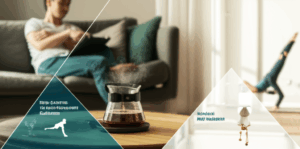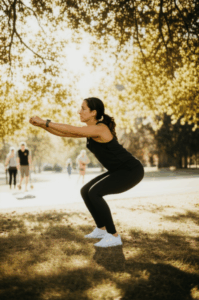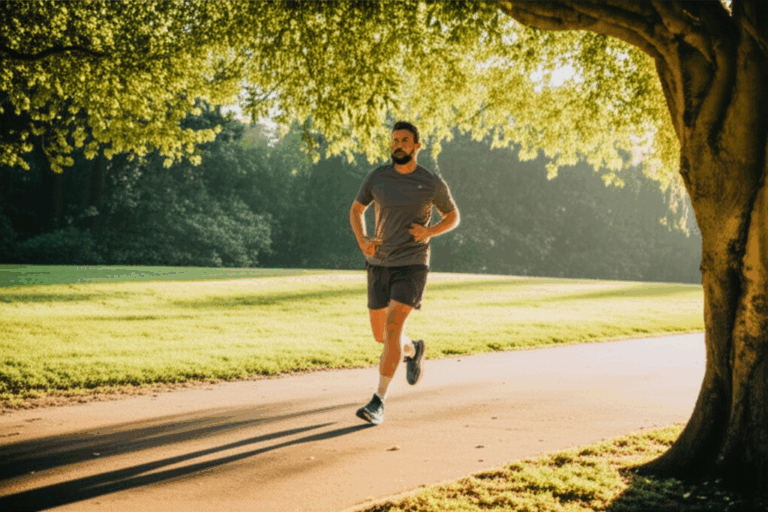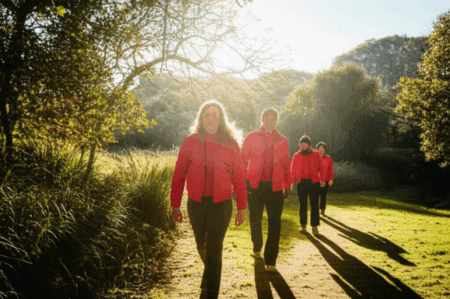Feeling stuck in your fitness routine or lacking motivation to exercise? The problem might not be your commitment, but rather a mismatch between your personality and your chosen workout. Research suggests that aligning your exercise style with your natural traits can significantly boost enjoyment and adherence, making it easier to stay active and even reduce stress.
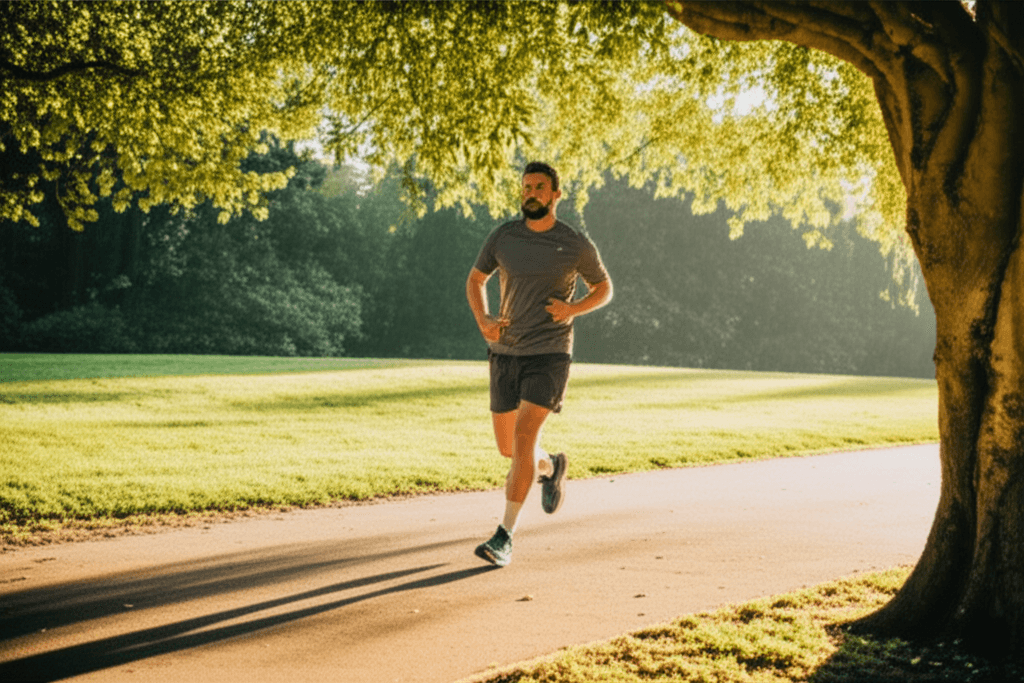
Understanding the Link Between Personality and Exercise
Our personalities play a crucial role in shaping our preferences, including how we like to move our bodies. Just as some individuals are drawn to detailed spreadsheets while others prefer creative outlets, our intrinsic nature can guide us toward exercises we’re more likely to enjoy and stick with long-term. A recent study published in Frontiers in Psychology highlighted clear connections between personality traits and the types of exercise individuals enjoyed most, suggesting that tailoring recommendations to the individual could lead to greater physical activity.
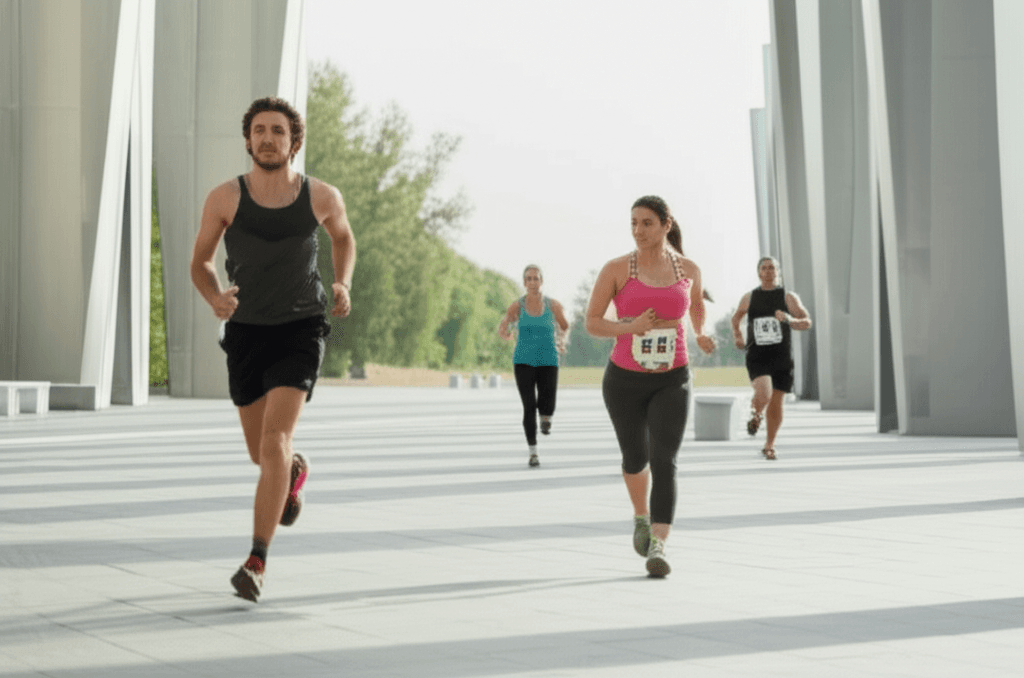
Exercise Styles for Different Personality Types
When considering a new workout, ask yourself: Do I gain energy from being around others or from being alone? Do I thrive with structure, or do I prefer spontaneity? Do I want to challenge my body, calm my mind, or both? And do I enjoy learning new things or sticking with what I know?
For the Extrovert: Social and High-Energy Workouts
Extroverts are energized by social interaction and often thrive in high-energy, competitive environments. If you’re an extrovert, consider workouts that offer opportunities for connection and shared motivation.
- Group Fitness Classes: High-energy formats like Zumba, bootcamps, HIIT classes, and group cycling are excellent choices. These classes allow you to feed off the collective energy, sweat alongside peers, and potentially make new friends.
- Team Sports: Joining a community sports team, like volleyball, soccer, or kickball, provides a social outlet and a fun way to exercise. Extroverts often enjoy the camaraderie and the chance to be team captains.
- CrossFit: The semi-competitive setting of CrossFit, with its emphasis on cheering each other on and pushing limits, can be very appealing to outgoing individuals.
- Adventure Meet-ups: If you enjoy trying new things with new people, outdoor fitness meet-ups like hiking unfamiliar trails or practicing yoga outdoors can satisfy both your social and adventurous sides.
For the Introvert: Solo and Focused Activities
Introverts tend to gain energy from solitude and often prefer quieter, more focused environments. Solo or small-group exercise can provide the energy and focus needed for a successful workout without feeling drained by excessive external stimulation.
- Endurance Sports: Activities like running, swimming, and outdoor cycling are well-suited for introverts who enjoy clearing their heads and being self-motivated. Triathlon training, which combines these disciplines, can also be a major draw for those who crave alone time.
- Mind-Body Practices: Yoga, Pilates, and Barre classes offer an inward focus and are process-oriented, allowing you to concentrate on your own practice without judgment. These can be particularly relaxing and restorative.
- Home Workouts: Working out at home provides a quiet, controlled environment, which can be ideal for introverts who prefer privacy and minimal distractions.
- Weight Training: Individual weight training sessions, where you are responsible for your own success and can push yourself without direct competition, can be a good fit.
- Martial Arts (Internal Focus): Forms like QiGong or Tai-Chi, which involve deep study of internal mechanisms and energy systems, can appeal to introverts who are also analytical.
For the Conscientious: Structured and Goal-Oriented Routines
Individuals high in conscientiousness are often responsible, reliable, and goal-oriented, with high levels of self-discipline. They thrive in workouts that are structured, measurable, and routine-driven.
- Weight Training Programs: These allow for clear goals, tracking progress (e.g., adding weight, increasing reps), and a systematic approach to fitness.
- Structured Classes or Programs: Anything with a clear plan, like a pre-designed fitness program or a class with a defined structure, can be highly satisfying for a conscientious person.
- Fitness Wearables and Tracking Apps: These tools appeal to the desire to monitor progress and hit specific targets, providing tangible evidence of achievement.
- Marathon Training: The long-term commitment and clear progression of training for an endurance event like a marathon align well with a goal-oriented mindset.
For the Neurotic (Prone to Anxiety): Short, Controlled, and Private Bursts
People who score high in neuroticism may be more prone to stress and anxiety. For them, exercise is best when it helps relieve stress and offers a sense of control over the environment and intensity.
- Short, High-Intensity Intervals: While it may seem counterintuitive, short, vigorous bursts of exercise, such as High-Intensity Interval Training (HIIT), can be more tolerable than longer, sustained efforts, as they allow less time for anxiety or negative self-talk to creep in.
- Private Workouts: Exercising alone or in a quiet gym time reduces external pressure and monitoring, which can minimize performance anxiety.
- Bodyweight Circuits: Brief bodyweight circuits that can be started and stopped as needed provide control over intensity and environment.
- Mindful Movement: Gentle, non-competitive movements like short yoga flows or walking meditations can soothe the nervous system and help manage stress.
For the Agreeable: Gentle and Sustainable Activities
Agreeable individuals are often kind, cooperative, and value harmony. They tend to enjoy longer, gentler activities that are sustainable and peaceful, avoiding high-stress or highly competitive situations.
- Long Walks: A 40-60 minute walk offers a peaceful and low-stress way to move.
- Gentle Bike Rides: Relaxed cycling sessions can be enjoyable without the pressure of intense competition.
- Leisurely Swimming: Swimming at a relaxing pace provides a calming and sustainable workout.
- Longer Yoga Sessions: The focus on inner peace and the non-judgmental nature of yoga make it a good fit.
For the Adventurous: Novel and Exploratory Endeavors
Adventurous personalities are characterized by a deep desire to explore, learn, and push boundaries, embracing the unknown and viewing challenges as opportunities for growth. They crave spontaneity, flexibility, and novelty in their activities.
- Outdoor Activities & Exploration: Hiking new trails, outdoor yoga, or trying stand-up paddleboarding (SUP) can satisfy their desire for variety and connection with nature.
- Novelty and New Skills: Activities that allow for exploration and experimentation, such as certain forms of dance (e.g., Ecstatic Dance, 5 Rhythms Dance) or body-somatic exploration like Capoeira, are appealing.
- Varied Sports: Engaging in sports that offer diverse experiences, such as off-road cycling, can cater to their love for freedom and changing scenery.
- Team Sports with Energy: Team sports that are fast-paced and emphasize teamwork, like dodgeball, can provide an exhilarating experience for adventurous types who are also full of energy.
For the Creative: Expressive and Innovative Movements
Creative individuals often seek self-expression and enjoy activities that allow for imagination and new approaches.
- Dance: Free-form dance styles like ecstatic dance or street dance allow for spontaneous and playful movement, as well as opportunities for self-expression and performance.
- Acro-Yoga: This partner-based activity offers a unique blend of physical challenge and creative expression, appealing to those who enjoy trying new things and interacting.
- Movement Exploration: Engaging in activities that treat the body as a tool for exploration and experimentation can be fulfilling.
For the Competitive: Challenging and Measurable Outcomes
Competitive personalities thrive on challenges, measuring their performance, and striving for success.
- High-Intensity Training: Workouts that are intense and allow for clear performance metrics, like High-Intensity Interval Training (HIIT), can be very satisfying.
- Strength Training with Metrics: Focusing on weight lifted, reps performed, or timed sets provides concrete goals to beat.
- Competitive Sports: Team sports or individual competitions where outcomes are measured and there’s a clear “win” can be highly motivating.
- CrossFit: The inherent competitive nature of CrossFit, where participants often track and compare their “WOD” (Workout of the Day) times and weights, aligns well with this personality type.
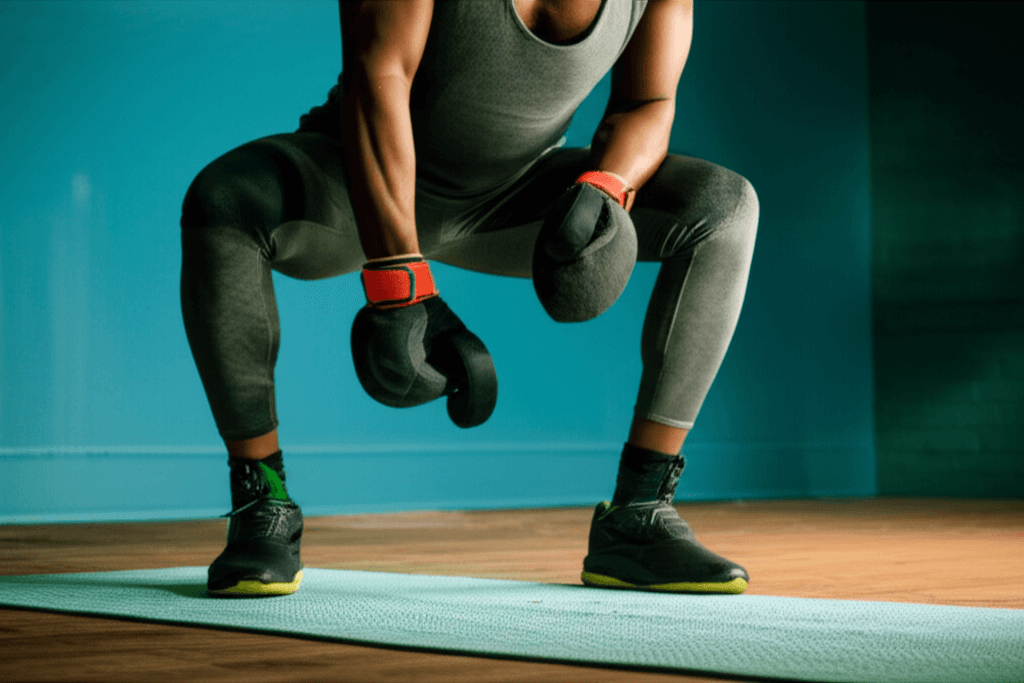
The Key to Consistency: Enjoyment
Ultimately, the most important factor in sticking with an exercise program is finding an activity you genuinely enjoy. While personality can offer valuable clues, it’s not the only consideration. Your preferences may even shift based on your mood, sleep, or external life circumstances. The goal is to find what aligns with your values and lifestyle to ensure long-term success. Don’t be afraid to experiment outside your comfort zone, but always prioritize enjoyment to make exercise a sustainable and positive part of your life.

